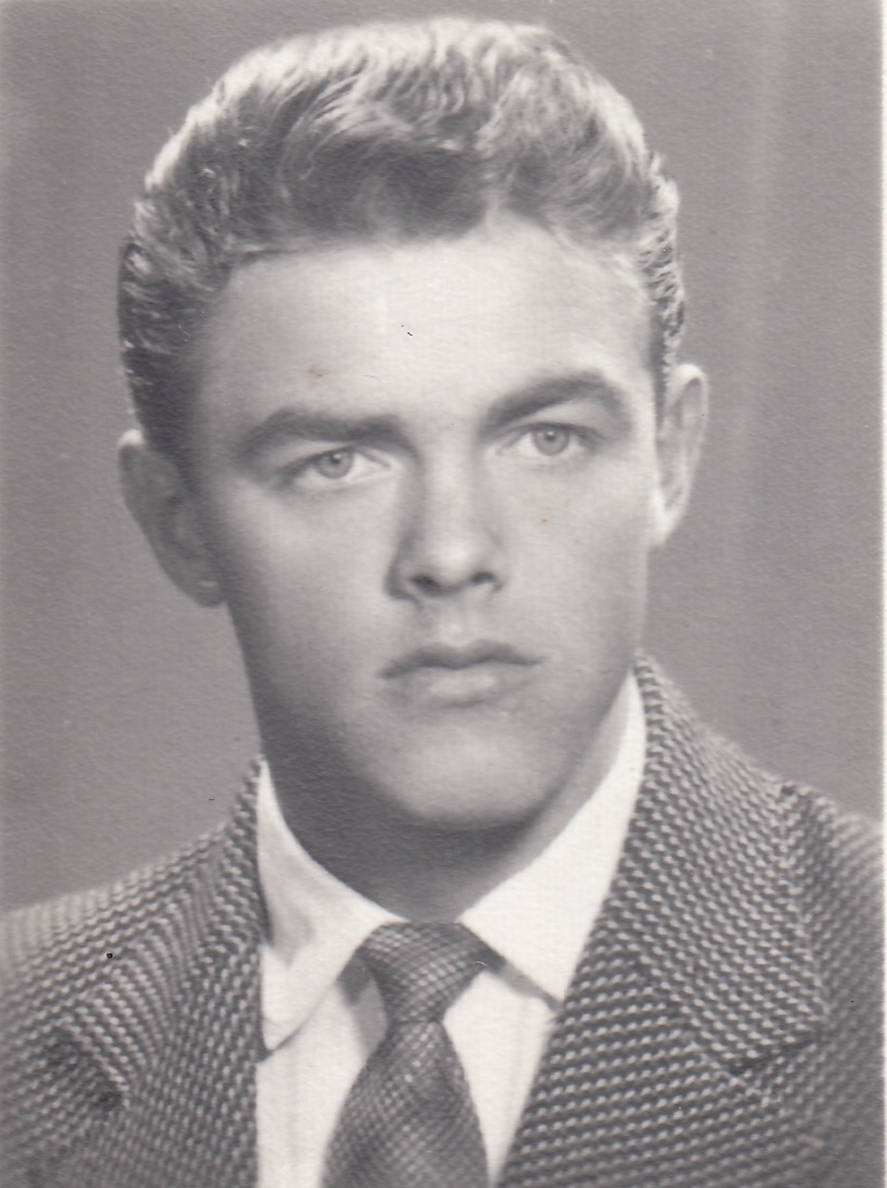In Bărăgan, I shuffled my feet to keep them from being pierced by thistles

Download image
Alois Klepáček was born on 29 April 1943 in the village of Svatá Helena in the Romanian Banat. He grew up in a farming family of nine and was involved in farm work from childhood. In June 1951, the Klepáček family, including their relatives (the Kovaříks), were deported to the Bărăgan region, where the Romanian Communist Party displaced politically unreliable people. The deportees had to leave their homes within a few hours and were allowed to take only a few personal belongings with them. The authorities dropped them off in an unpopulated area without any resources, and they were not allowed to leave the area, suffering above all from a lack of food. Over the following months, they built the settlement of Ezeru (Cacomeanca Nouă), one of the 18 newly created villages. Alois Klepáček started second class there, and his other siblings studied or worked for the state farm, just like their parents. In 1955, Alois Kovařík, a cousin of the witness, died in Ezer. In February 1956, the memorial family was able to return to St. Helena, finding the farm looted and vandalized. Later, the witness trained and worked as a welder. His deteriorating health and the lack of medicine for his sick wife forced him to leave with his family for Czechoslovakia and he also renounced his Romanian citizenship. In December 1976, they managed to reach Czechoslovakia and settled in Cheb, where the witness still lives (March 2024). Due to the loss of his Romanian citizenship, he did not receive compensation from the state after 1989 for his deportation in the 1950s.

























